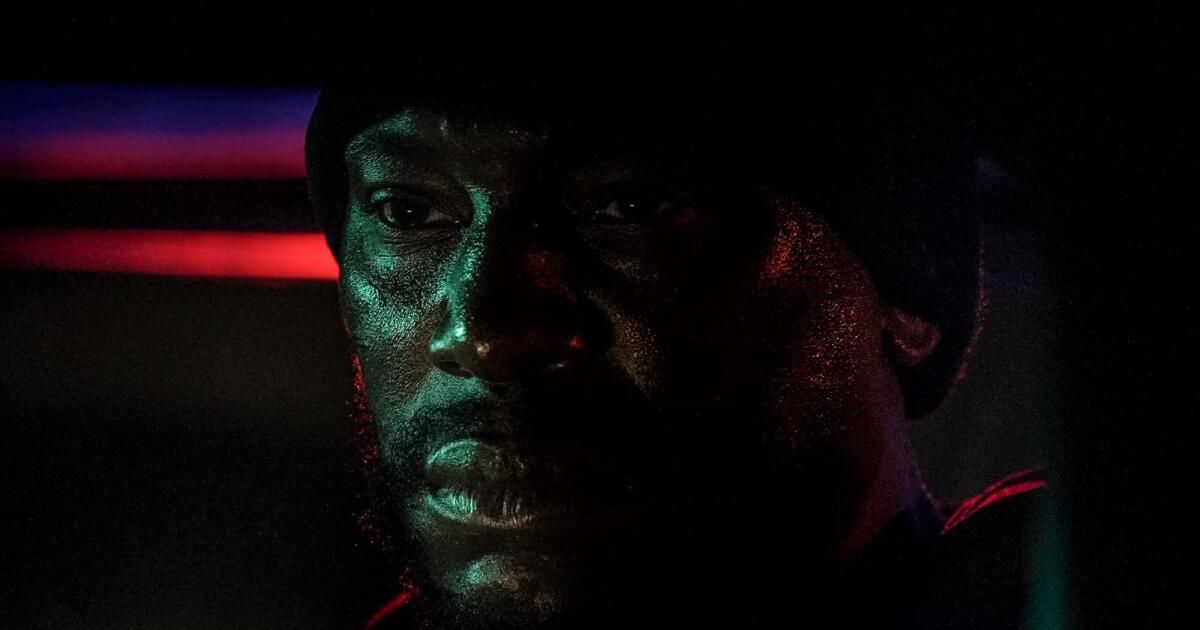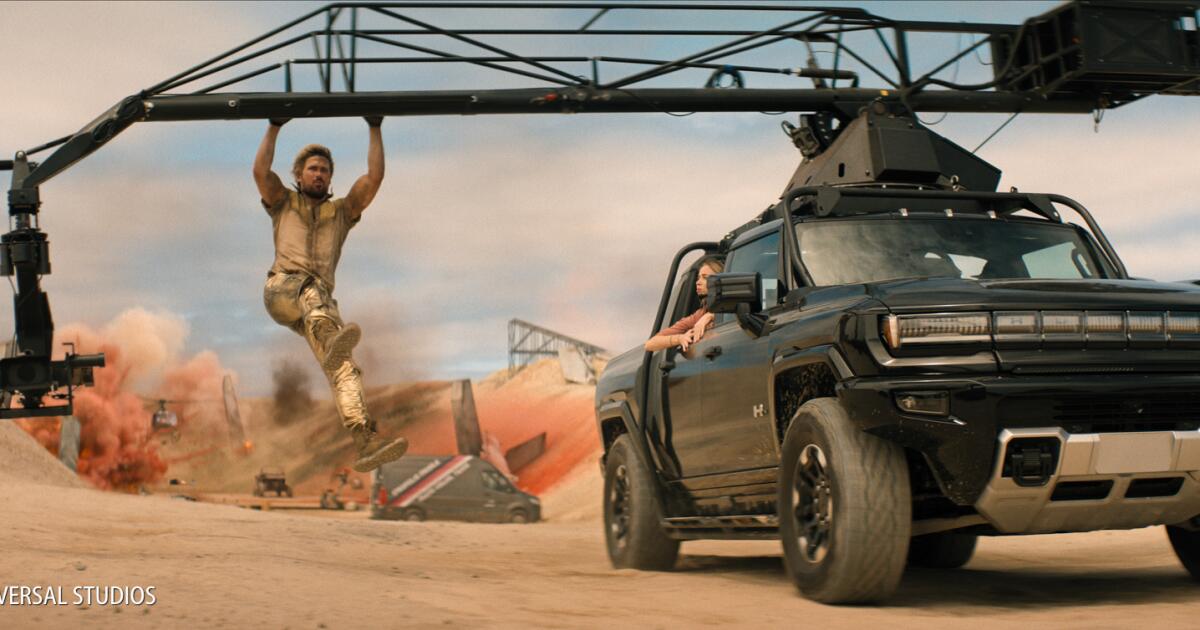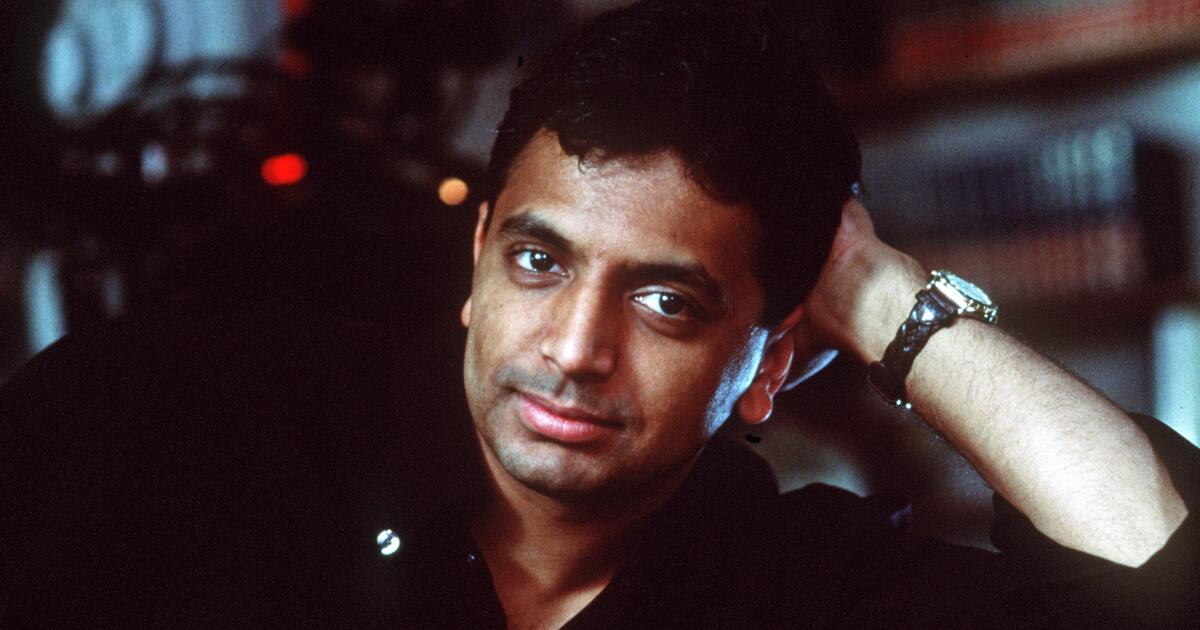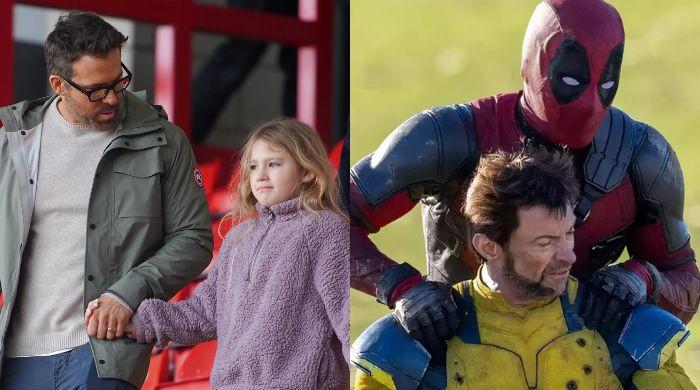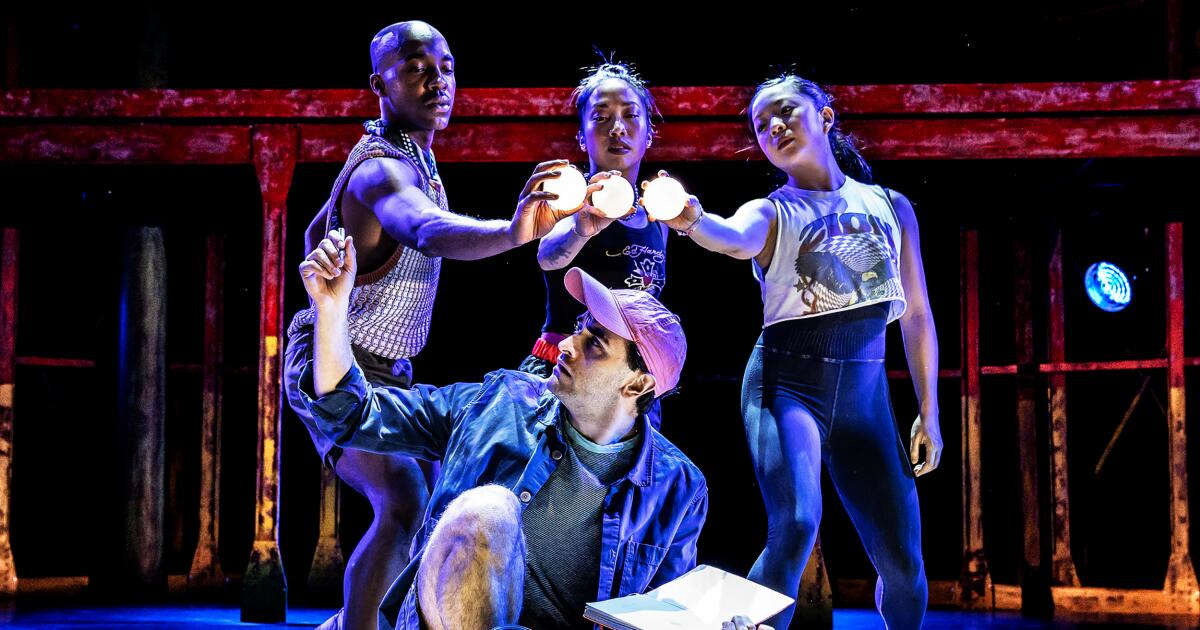With the title “1992” and an image of Watts’ own Tyrese Gibson on the poster, one might safely assume that the 1992 Los Angeles riots that erupted in the wake of the Rodney King verdict would be central to this B-movie thriller from director Ariel Vromen. Instead, the riots seem secondary to the story.
The film is indeed set on April 29, 1992, a date immortalized in infamy (and in the songs of Southern California band Sublime), but the protests that turned into an uprising are merely background for a heist movie that pits a gang of professional thieves against a former gang member. No information about the events of that specific day in Los Angeles history will be found here.
Gibson plays Mercer Bey, known as “OG Merc” to his former compatriots on the block. He's fresh out of prison and trying to get his life back on track with a job at a catalytic converter factory at Pluton Metals. He's also trying to be a strong, stable father to his teenage son, Antoine (Christopher Ammanuel).
Scott Eastwood co-stars in the film as Riggin, who's planning one last heist (it's always the last one, right?). He convinces his younger brother Dennis (Dylan Arnold) and their friend Copeland (Clé Bennett) to join him on a daring heist at Pluton's platinum vault, then ropes his father, Lowell (Ray Liotta), into the scheme. On the day of the civil unrest, when “nobody's looking out for business,” they spring into action, knowing the LAPD's attention will be elsewhere.
A series of unfortunate events and dubious decisions lead the entire group to the factory; a series of rash and violent choices lead to tragedy, father against father, son against son. It would be downright Shakespearean if it were even remotely compelling. The problem is that the premise of the script, by Vromen and Sascha Penn, reads like a high-concept Frankenstein job, slapping together two ideas (“Heat,” but during the L.A. riots”) without much thought to the deeper themes and ideas at play.
A grizzled Gibson is always a compelling screen presence; the late, great Liotta is also appropriately terrifying. But the rest of the story has confusing motivations and stakes. Liotta’s Lowell is hesitant to do the job, but changes his mind surprisingly quickly. He brings along an unpredictable Waingro-type who triggers bloodshed, and things get complicated from there, as Mercer and Antoine, who have interrupted the heist, fight for their lives.
In the end, it turns out to be for the best that Vromen steers clear of the riots in the second half of the film. What he presents in the first half is embarrassing: a sleazy, cheesy depiction of chaos. It seems forced and extremely retrograde, politically. When Antoine expresses his frustration that his father has kept him off the streets, Mercer scolds his son that rioting is what is expected of them. The perspective seems distressingly dated in the current context of a post-Black Lives Matter America.
Even the look of “1992” seems faded by time and shallowly focused. Every exterior shot of Los Angeles is desaturated and yellowed in color correction. The look of the film at night and in the factory is far more sophisticated, with the specific use of light and dark in the closed facilities. But the geography and some of the coincidences are as disconcerting as the message. The 96-minute running time feels cyclical and endless.
Despite its ties to the riots, this film doesn't want to address any of the issues at hand. Vromen and Penn would have been better off writing a father-son heist movie without attempting (and failing) to pull off this high-concept stunt.
Katie Walsh is a film critic for the Tribune News Service.
'1992'
Classification: R, for violence and omnipresent language
Duration: 1 hour, 36 minutes
Playing: In general release on Friday, August 30

